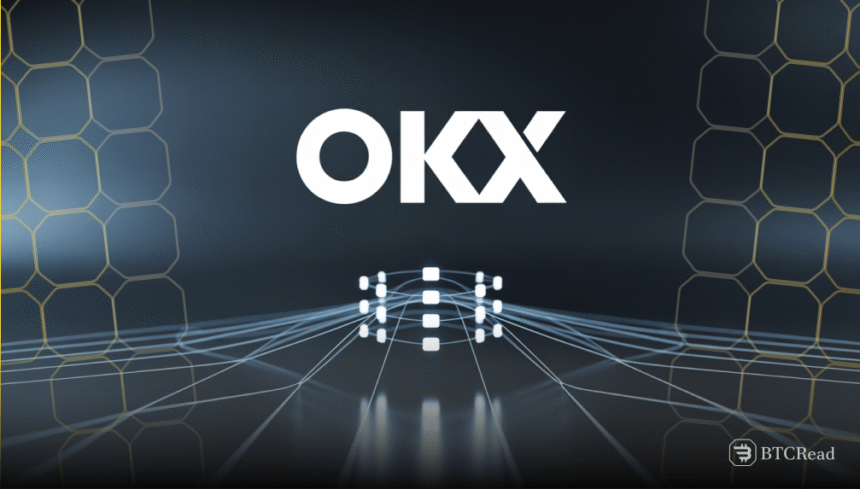Crypto exchange OKX has restored its decentralized exchange (DEX) aggregator with enhanced security features after taking it offline in March to stop further abuse by the North Korean hacking group, Lazarus.
OKX founder and CEO Star Xu said in an X post on May. 4 that the OKX Web3 DEX aggregator will be back online with several new features. The features include a system that can detect and block abuse in real-time.
A DEX aggregator is a tool that collects data from different decentralized exchanges and market makers and then shows users the best trading options. Xu says, “OKX Web3 is like a browser and search engine for the blockchain.”
OKX boosts DEX security to block fraud and hackers
OKX stated in a May. 4 statement that its latest update adds new security features to detect suspicious or fraudulent on-chain activity by hackers and other bad actors. Further, the exchange said:
Our dynamic database of suspect addresses blocks hackers and bad actors real-time, while proactive alerts warn you about risky transactions.
Additionally, the new feature added to the on-chain analysis tool identifies wallet holders and classifies them as likely whales or snipers. On Mar. 17, OKX announced that it had temporarily suspended its DEX aggregator to stop further misuse by the North Korean hacking group Lazarus.
The company also promised to implement upgrades to prevent a repeat of the incident. OKX mentioned that it was working on a system to track the latest addresses used by bad actors and block them.
Bloomberg reported on Mar. 11 that European Union financial regulators are investigating the firm’s DEX aggregator and wallet services for allegedly playing a role in laundering funds from the $1.4 billion Bybit hack in February.
OKX replied the same day. The exchange states that Bloomberg was wrong, as the self-custody wallet service’s swap feature acts as an aggregator and is not a custodian of customer assets.







